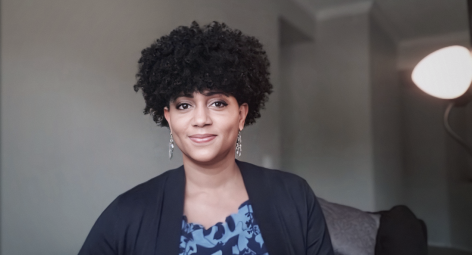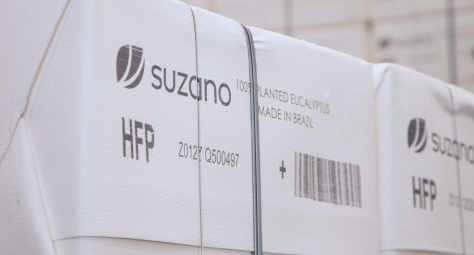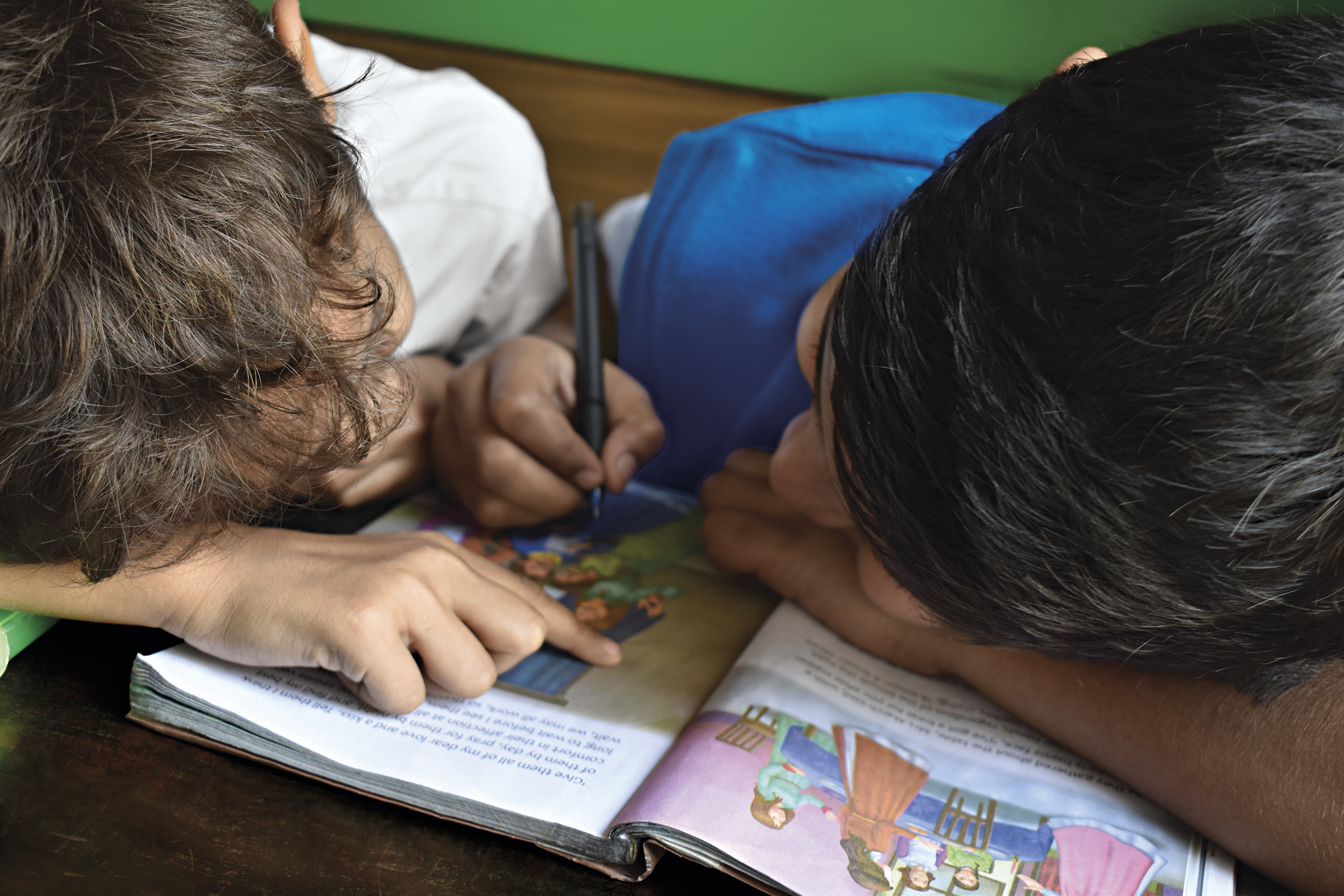sobre o que você deseja falar?


perguntas, sugestões ou problemas técnicos envolvendo a plataforma

informações sobre a empresa


Commitments to Renewing Life
For people
10 %
Quality education is one of Brazil's most important structural challenges. Analysis of the Brazilian educational context has shown that, in recent decades, there have been difficulties in access to public schools, the permanence and learning of students throughout their school career, and the completion of basic education. Currently, learning results show that the most significant educational challenges lie in the final years of elementary and secondary school, directly impacting young people's prospects and life plans. Suzano understands it is vital in this context and wants to be part of the solution.
Since 2020, we have invested in improving the quality of public education through the Suzano Education Program (PSE). Seeking to qualify management practices in favor of social quality education in the territories, the PSE works to implement Education Development Arrangements (ADE), aimed at strengthening public education policies with a focus on the learning and comprehensive development of all children and adolescents in the territory.
Our commitment is to boost the quality of public education, which, objectively, translates into a target of raising the Ideb (Basic Education Development Index) by 40% in the municipalities where the company has priority.
In 2024, the IDEB 2023 results were presented, which generally pointed to a national reality of stagnation in education and the maintenance of regional educational inequalities, still maintaining the south/southeast and north/northeast divide. It is worth remembering that this is the first large-scale national assessment after the Covid-19 pandemic. Education has a close relationship with the other rights provided for in the Constitution, and the COVID-19 pandemic has caused social, economic, political, cultural, and historical impacts that have directly impacted the learning of children and adolescents.
The Ideb data for 2023 has reignited the debate on revising the Basic Education Assessment System (Saeb, for its Portuguese acronym) and the Ideb itself, including initiatives by the Ministry of Education, which has set up a working group dedicated to this revision. An emerging consensus in this debate is the need to make the indicator more sensitive to social inequalities. The IDEB does not adequately consider data from children and young people excluded from school. The revision of the IDEB must move towards a system of indicators that not only signals progress but also identifies the actions needed to improve students' learning, approval, and permanence throughout their school career.
Increase in the Ideb in the municipalities identified as priorities through the Suzano Education Program (PSE). Priority municipalities are those participating in the PSE which, in 2019 (the assessment used as a baseline), had an index below the national target (Ideb below 6.0).
Increase IDEB by 40% in all priority municipalities² - from 4.6 to 6.6 by 2030.
We invest in improving the quality of public education through the Suzano Education Program (PSE), which works to implement Education Development Arrangements³ (ADE) to strengthen public education policies with a focus on learning and the all-round development of all children and adolescents in the area.
Ideb, a biennial index, has been used since 2020 as a benchmark to evaluate the evolution of Suzano's commitment to improving the quality of public education in Brazil. In the test applied in November 2023, with the results released by the federal government in September 2024⁴, the average results obtained by the municipalities that are part of the PSE did not reach the expected target.
We observed an increase in the Ideb for the initial years of primary education from 5.0 (2021) to 5.2 (2023), and we kept the index stable in the final years (4.3 - 2021 and 2023). In the methodology used to monitor the target, which considers the average results of the group of municipalities in the PSE, despite the progress observed, we achieved an average result of 4.8, not reaching the target of 5.2 projected for the cycle.
However, throughout 2024, the PSE implemented essential strategies that strengthened inter-municipal and intersectoral collaboration, aimed at planning and executing actions to improve learning conditions from the perspective of comprehensive education for children and adolescents in the territories served by the Program. In this sense, the PSE has acted to promote public policies that articulate, in the most diverse territories, the constitution of local protection networks integrated with schools to ensure that children and adolescents have access to, remain in, learn, and complete basic education.
In 2024, the Suzano for Education Program implemented strategies that strengthened inter-municipal and intersectoral collaboration. These strategies aim to plan and implement actions to improve learning conditions and provide a comprehensive education for children and adolescents in the territories served by the program. In this sense, the program has worked to promote public policies that articulate the constitution of local protection networks integrated with schools in the most diverse territories to ensure that children and adolescents have access to, remain in, and learn and complete basic education.
Some relevant figures from the Suzano for Education Program in 2024:
| 2020 | 2021 | 2022 | 2023 | 2024 | |
|---|---|---|---|---|---|
| % | % | ||||
|
Percentage of progress in IDEB scores |
n/a |
4.70% |
n/a |
n/a |
4.80% |
In 2025, Suzano's ambition is to boost education in the priority territories and expand its activities in an agenda that has more impact and adheres to the current challenges for society's future.
Official indicators show that the final years of elementary and secondary school are the biggest educational bottlenecks, concentrating the worst indicators of dropouts and low school performance. Our essential focus has become contributing more specifically to students' successful school trajectories.
We believe in the potential of our partnerships, and 2025, we will seek new connections to expand the scale and scope of our actions, broadening and enhancing the company's impact on this agenda.

Increase the Basic Education Development Index (IDEB) by 40% in all priority municipalities by 2030.


Achieve 30% women in leadership positions; achieve 30% Black People in leadership positions; ensure a 100% inclusive environment...